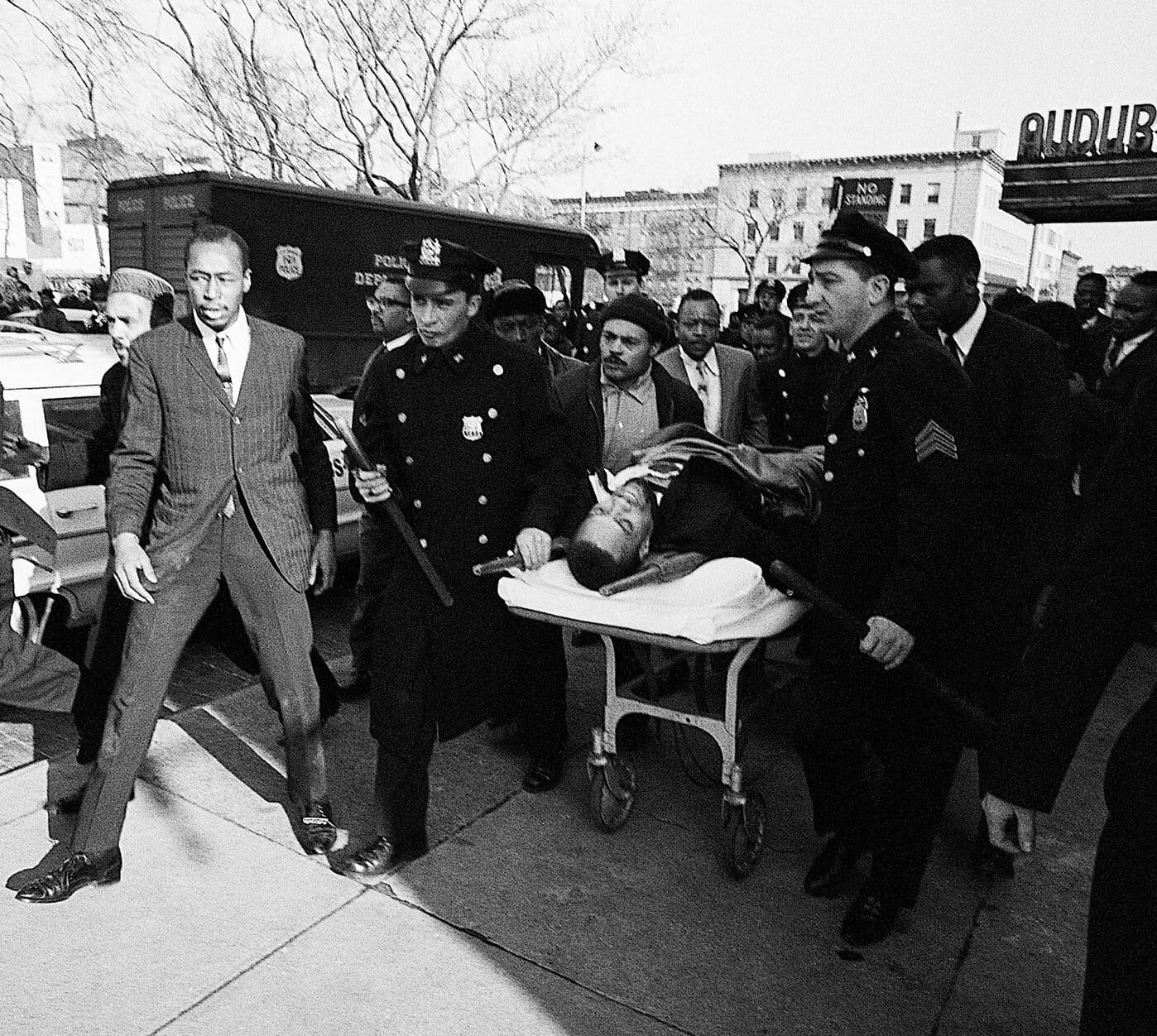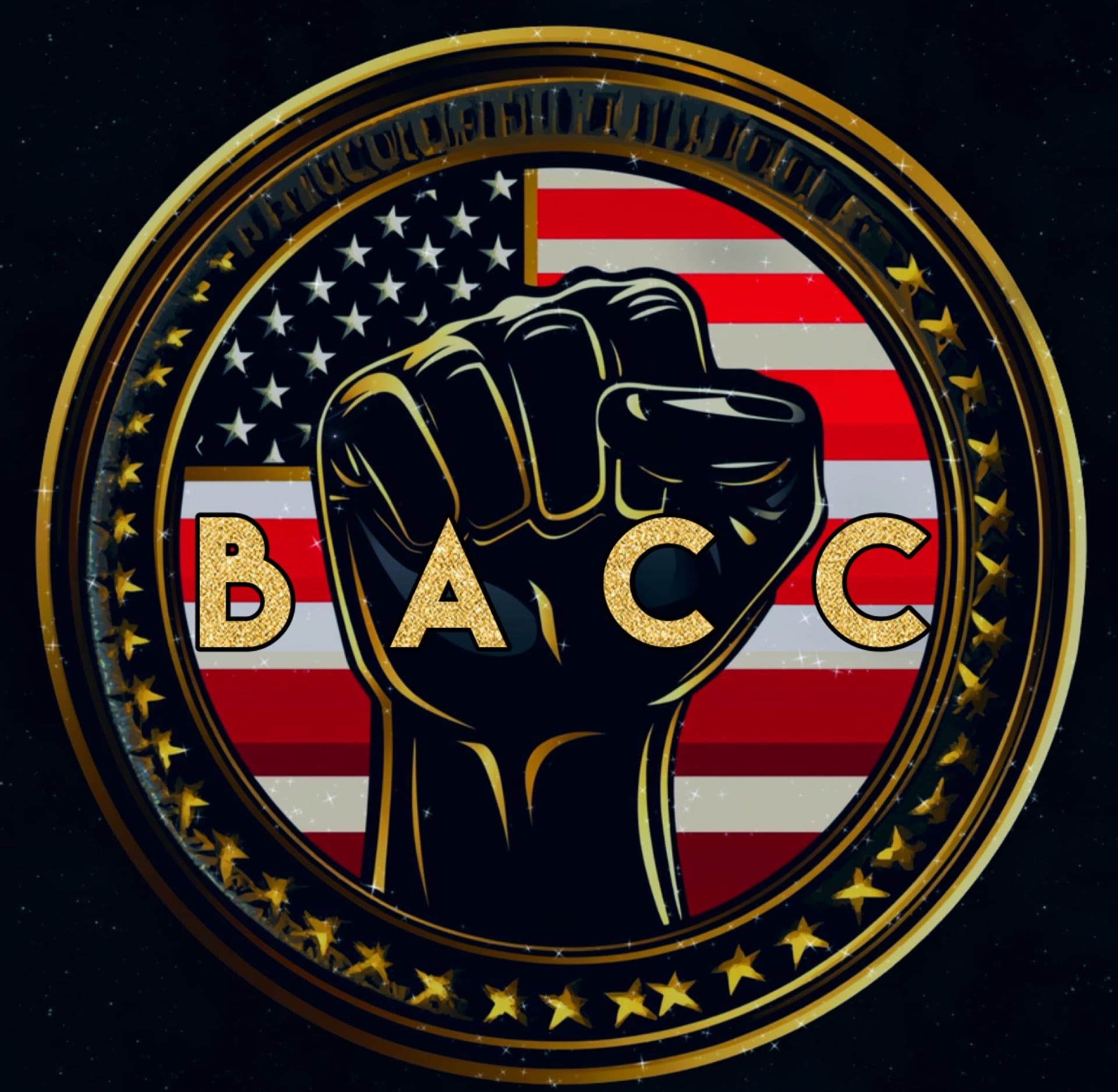Sellout

The Price of Betrayal: Meritorious Manumission and the Legacy of the Blood Traitor
As Black History Month draws to a close, it is important to reflect not only on the triumphs of the past but also on the deep wounds inflicted by betrayal. While history uplifts the heroes of the struggle—leaders, warriors, and revolutionaries—there remains a painful truth: not everyone who shares your skin shares your struggle. As the saying goes, all skinfolk ain't kinfolk.
The concept of the "blood traitor" or "sellout" is not new in Black history. It is a dynamic that has existed since the very inception of chattel slavery in the Americas. From the legal mechanisms of Meritorious Manumission to the betrayals that cost Nat Turner his life and ultimately led to the assassination of Malcolm X, history reminds us that internal treachery has often been the greatest stumbling block to Black liberation.
Meritorious Manumission: The Birth of the Sellout
The term "sellout" is often thrown around in contemporary discourse, but its roots stretch back to one of the earliest and most insidious forms of psychological warfare against enslaved Americans:Meritorious Manumission. Instituted in 1710 under the Virginia slave codes, this law allowed enslaved Black people to be granted freedom, but at a steep cost—their own community.
Meritorious Manumission rewarded enslaved Americans for three main actions:
- Saving the life of a white person.
- Preventing a slave rebellion.
- Betraying a fellow enslaved person who sought freedom.
By offering individual freedom at the expense of collective liberation, the system created an environment where self-preservation and advancement meant actively working against the interests of one’s own people. This wasn’t just a matter of fear or coercion—it was an institutionalized incentive to prioritize personal gain over the freedom of all.
It is not difficult to see the long-lasting effects of this psychological manipulation. The strategy of rewarding informants and traitors against their own people has been a persistent tactic, one that has remained effective well into the 20th and 21st centuries.
The Betrayal of Nat Turner: A Dream Deferred by Sellouts
Nat Turner’s Rebellion of 1831 remains one of the most significant acts of resistance against American slavery. Turner, a deeply spiritual man, believed he was divinely called to lead his people out of bondage. Gathering a small but determined group of enslaved men, Turner launched an uprising that saw the deaths of approximately 60 white men, women, and children—an event that sent shockwaves through the South.
Yet, like so many movements for Black liberation, Turner's rebellion did not fail simply because of the superior firepower of white militias. It failed, in part, due to betrayal from within.
When Turner and his men sought allies among the enslaved population, not everyone was willing to risk everything. Some enslaved individuals, whether out of fear or the promise of personal safety, informed their enslavers about the rebellion, leading to Turner’s capture. The result was brutal: Turner was hanged, his body mutilated, and his followers executed or sold into harsher conditions. More importantly, the fear his rebellion instilled led to stricter slave laws, further entrenching the oppression of Black people.
This act of betrayal did not just end Turner’s movement—it prolonged the suffering of an entire people. It is a grim reminder that not everyone who looks like you will fight for you.

Malcolm X and the Perils of Internal Betrayal
Fast forward to the Civil Rights era, and the lessons of history repeated themselves. Malcolm X, one of the most radical voices for Black liberation, spoke unapologetically against white supremacy, capitalism, and even the passive approach of the Civil Rights Movement. His evolution made him a threat to both the U.S. government and, tragically, members of his own organization.
On February 21, 1965, Malcolm X was gunned down at the Audubon Ballroom in Harlem. While it is well-documented that the FBI’s COINTELPRO played a significant role in fostering divisions within Black movements, the fact remains: Malcolm X was assassinated by men who once called him "Brother." Men who, out of ideological conflict, resentment, and external manipulation, silenced one of the greatest minds in Black history.
The assassination of Malcolm X is a haunting reflection of the impact of internal betrayal. Just as Turner’s rebellion was crushed from within, Malcolm’s death proved that infiltration, jealousy, and ideological divisions could do serious harm once coupled with external oppression and influence.
The Modern-Day Sellout: From Co-Opted Activists to Corporate Puppets
Meritorious Manumission may no longer be a formal law, but its spirit lives on. Today, we see it in Black faces used to push anti-Black policies. We see it in corporate-backed activists who prioritize personal gain over true systemic change. They play both sides of an argument or political aisle, while muddying legislation with confusing and ineffective language. We see it in entertainers and influencers who distort the struggle for profit, diluting the message for mainstream acceptance.
From political figures who serve as mouthpieces for racist policies to celebrities who capitalize on Black culture while ignoring Black issues, the legacy of the "sellout" is alive and well. The most dangerous among them are those who convince Black people that progress has already been achieved, that the fight is over, and that we should be satisfied with crumbs instead of demanding the full meal.
Moving Forward: Learning from the Past
As Black History Month ends, the responsibility falls on us to remain vigilant. The lessons of the past teach us that external oppression is only one side of the coin—the other is the ever-present risk of betrayal from within. But history also shows us that despite these betrayals, the fight for liberation has never been extinguished.
We must continue to be critical, to question motives, and to remember that not every Black face represents Black liberation. We must build strong, accountable movements that prioritize collective power over individual gain. And above all, we must honor the legacies of those who were betrayed by ensuring that their sacrifices were not in vain.
Because in the end, the struggle continues, with or without the traitors. And true freedom will never be won by those willing to sell it for a price.
Join us here at BACC. Make sure to use our violation form whenever you see/hear activity against our people.





